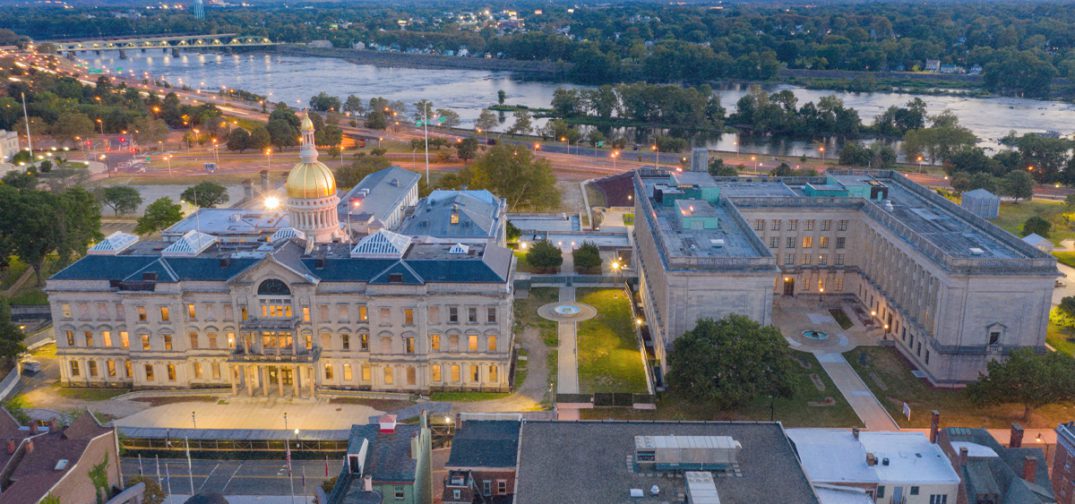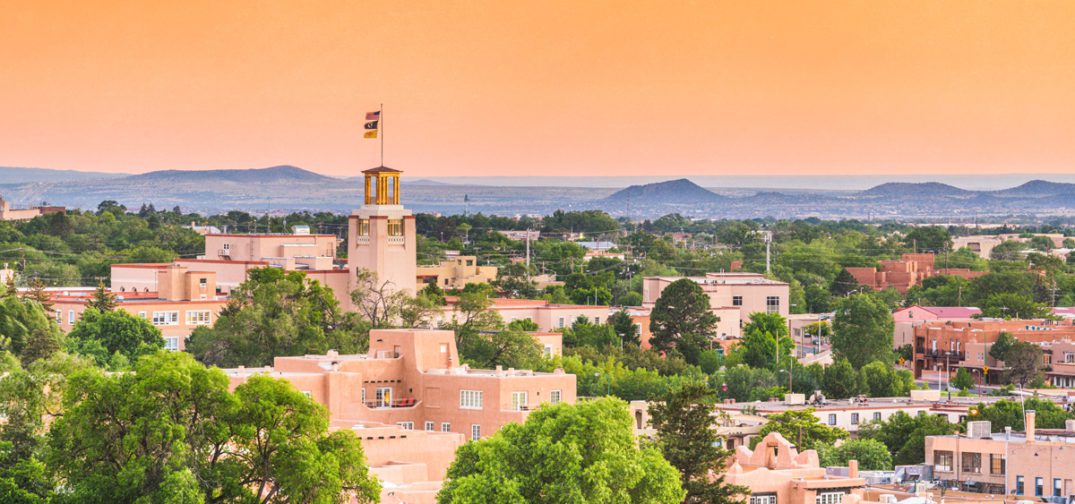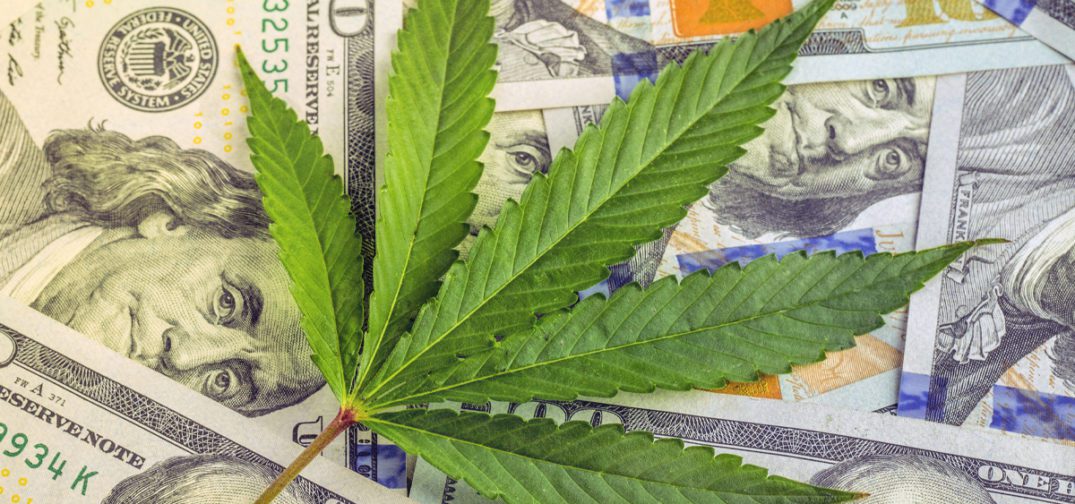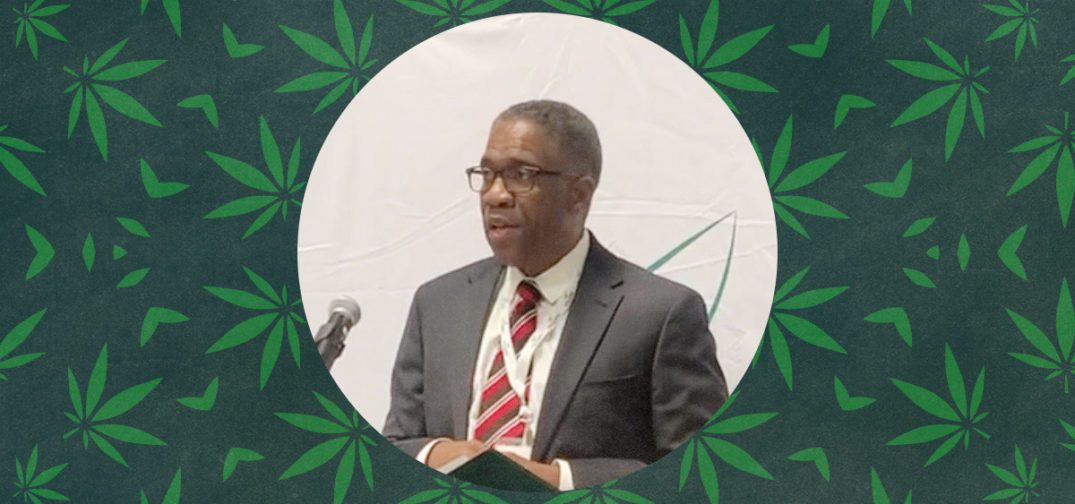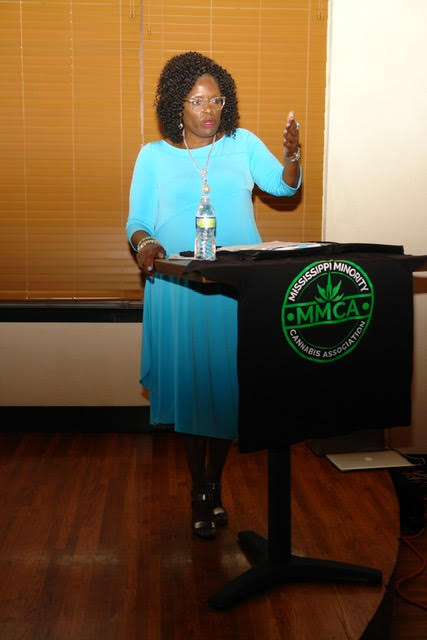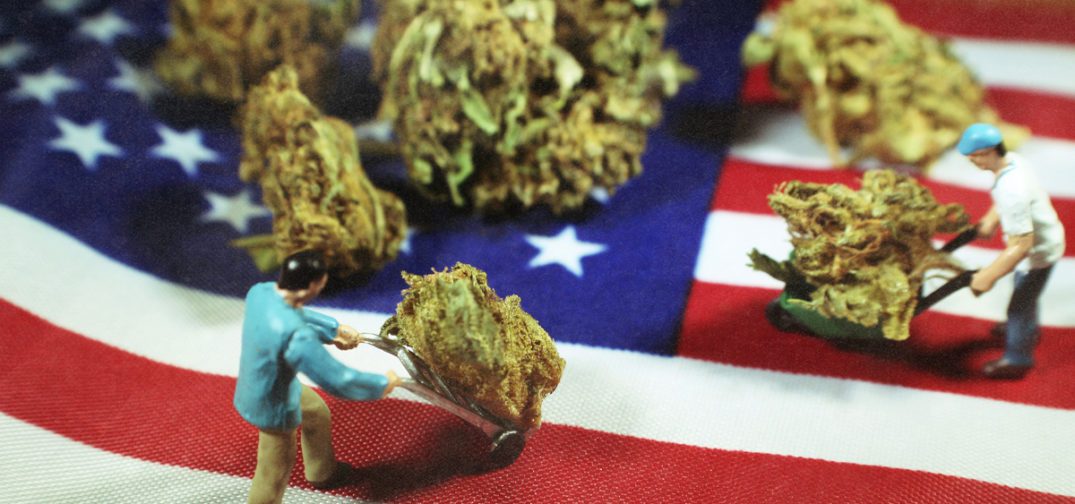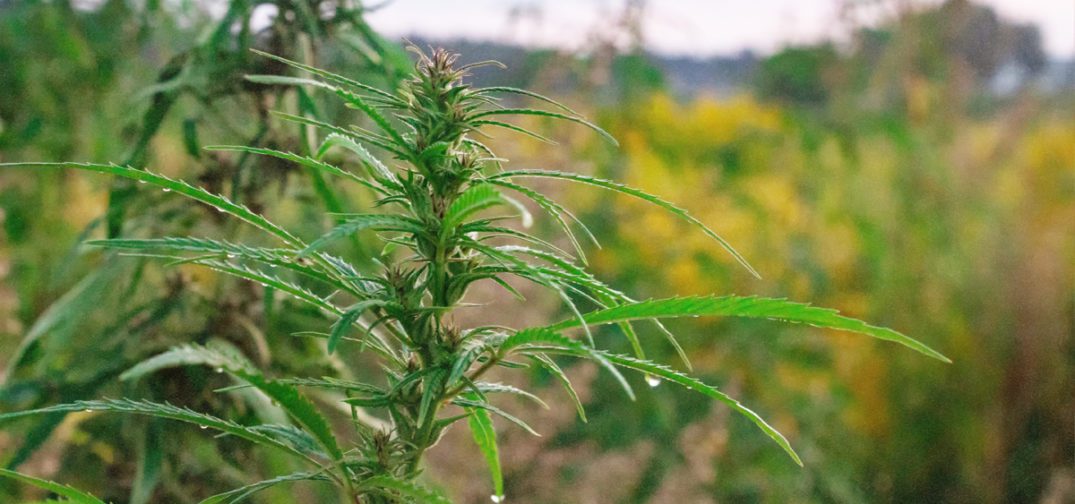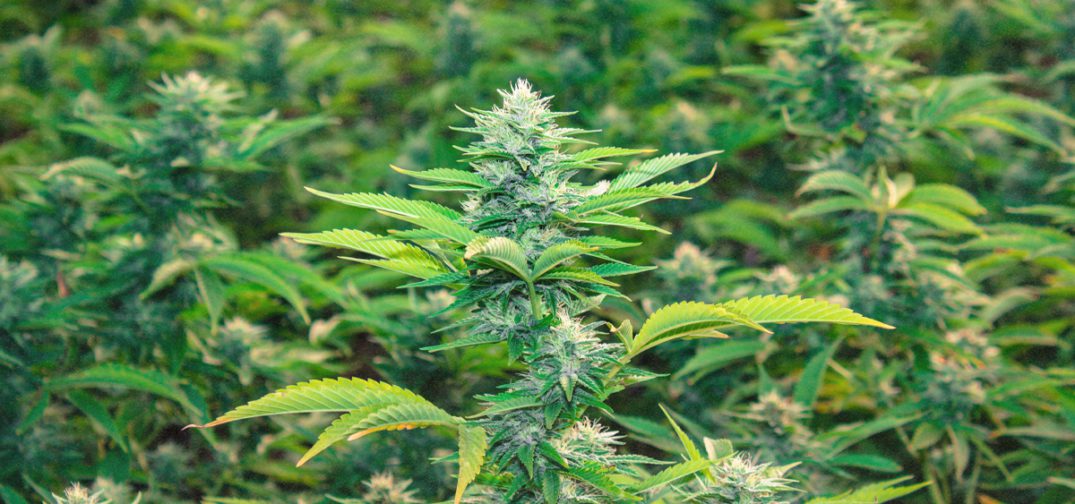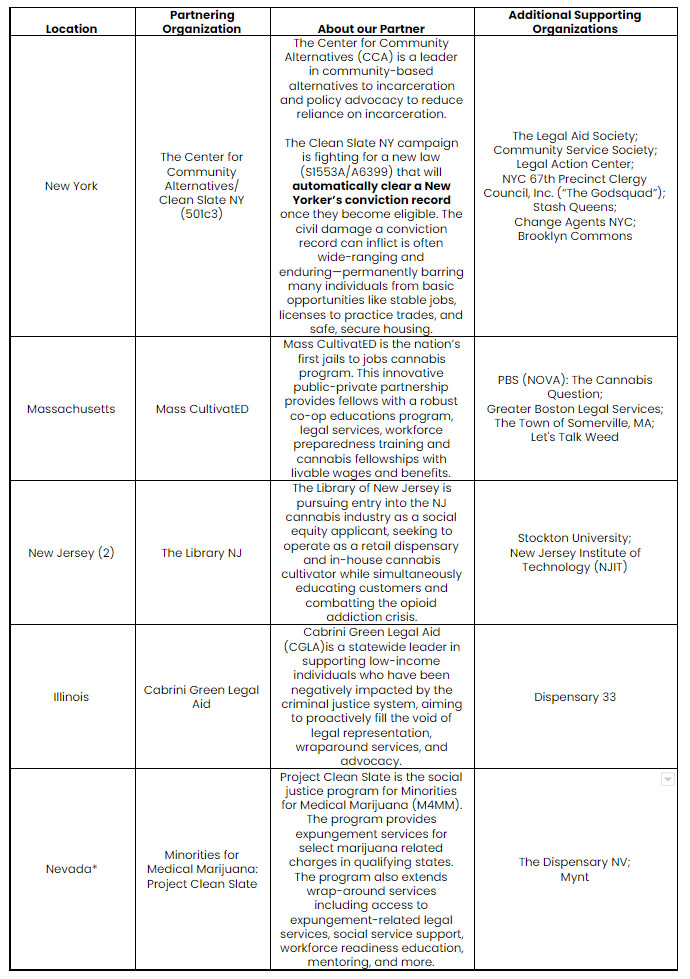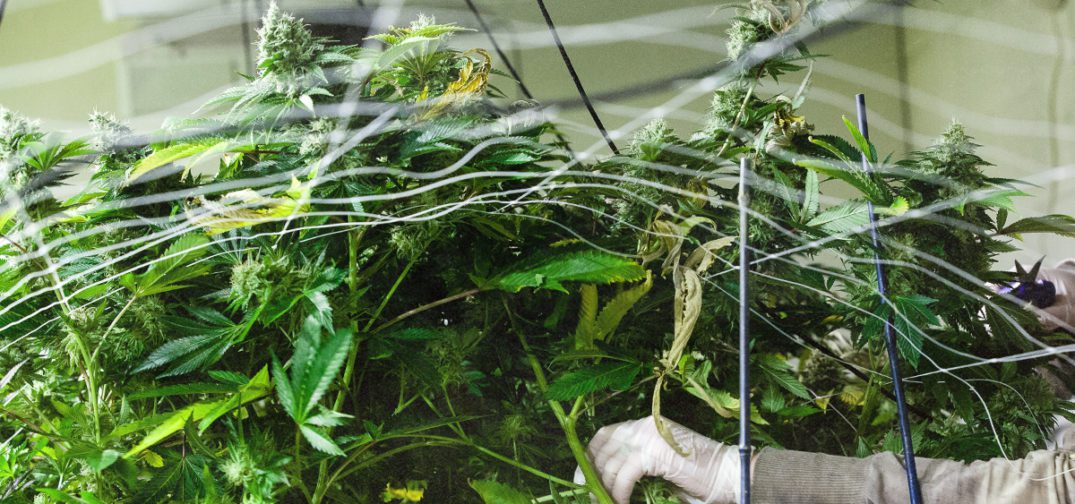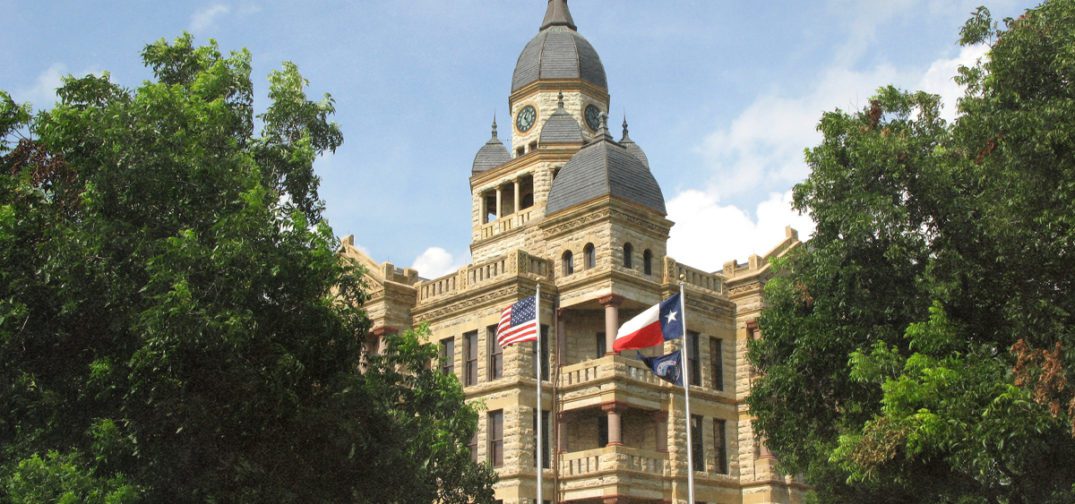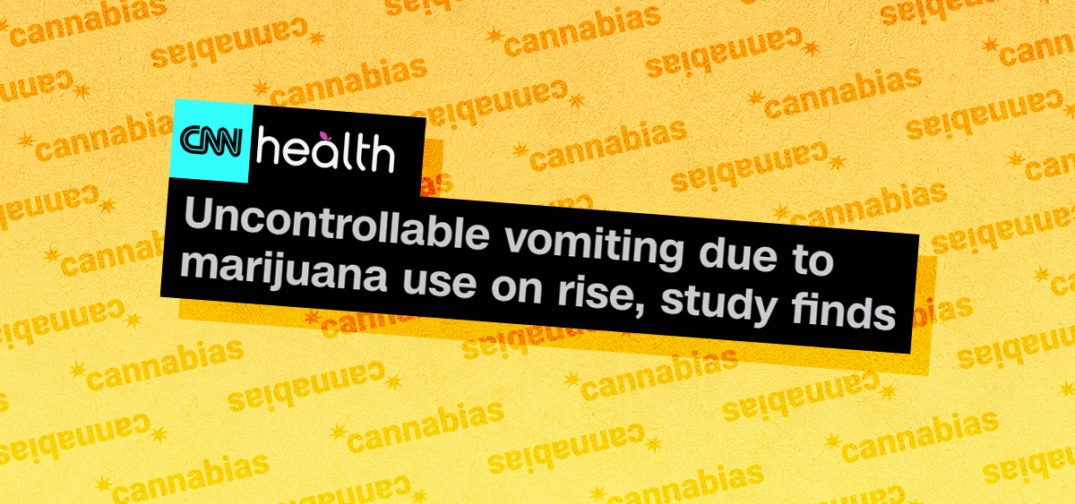Editor’s note: Anyone who has been working in the cannabis industry is familiar with how “wrong” the mainstream media usually gets it when they write about cannabis policy or the industry. This article from our resident journalist TG Branfalt outlines the inspiration, purpose, and methodology of his new series “Cannabias” — an ongoing column where he analyzes the work of mainstream news outlets using an academic framework to prove the existence of anti-cannabis biases in their reporting. For a detailed explanation of the analytical framework and bias type definitions, click here.
During my graduate studies at the College of Saint Rose, I noticed a problem with journalism and reporting that became so bothersome that I decided to focus my master’s thesis on it – there was scant academic analyses of media bias.
Sure, there are websites and outfits that claim to “hold the media accountable” but the problem is that they are partisan. They have a dog in the fight and want news coverage to walk that dog and meet their preferred narrative. Those websites rely on political action committees and other political groups for funding. While they claim to call out bias on one hand, the other hand writes biased articles.
My master’s thesis was pretty simple, using bias measures created by Ole Holsti (Content Analysis for the Social Sciences and Humanities, 1969) I analyzed mainstream media coverage of Third Party – and outsider – presidential candidates, from John B. Anderson in 1980 to former New Mexico Gov. Gary Johnson in 2012. The results were what I expected: major party candidates got more and better coverage than their outsider counterparts.
For me, that research helped me be as unbiased as possible in my own reporting, whether at the newswire organization Reuters, the right-leaning PJ Media (who refused to rehire me for the 2016 election because I provided just-the-facts reporting), the Legislative Gazette in Albany, New York, or for the carwash magazine I served as managing editor for until their multinational parent company shut it down. And, sure – have I crossed into the world of opinion with my news reporting once or twice with Ganjapreneur? Probably, but only when I feel it helps context or it’s a narrative.
Shortly after I started teaching at an upstate New York college in 2018, my department chair at the time learned about my interest in media bias and how I had incorporated Holsti into my classes. He asked me if I wanted to revive a class that no one else had interest in teaching, Criticism of the News, and emphasize media bias with the curriculum. I, obviously, jumped at the opportunity.
In developing the course I realized fairly quickly that some of the same issues I dealt with for my master’s thesis persisted: there wasn’t a whole lot of academic research on the topic, and most websites claiming to do this type of commentary were deeply partisan. (Although, I would like to give credit to Pew and Poynter as beacons of light in this area of study.)
It took months of reviewing textbooks before I found the book I now require for the class – Evaluating Media Bias (Schiffer, Adam). The text, like Content Analysis, provides a pathway for objectively determining when something is actually biased, as opposed to a prejudiced opinion that it is biased due to one’s own disagreement with the content. Since 2019, I have been teaching my students how to use this academic approach to identify bias objectively.
Now, it’s hard to divorce myself from “media studies instructor” and “cannabis industry reporter,” and until New York legalized adult-use cannabis the latter wasn’t something I made very public, instead opting for “I cover a specialized and emerging industry.” But it’s not very hard to figure out what that is exactly with a simple Google search, and some students who did some digging became quite interested in what has been primarily my beat since 2012. Those students would, then, write many of their critiques on cannabis-related stories. Needless to say, those critiques fascinated me because I was always laser-focused on politics, media partisanship, and the decay of “just the facts” journalism.
Cannabis industry reporting by mainstream news is plagued by bias, primarily because most reporters aren’t familiar with the industry, just don’t care, or have preconceived ‘War on Drugs’ notions – inherent biases – that bleed into their reporting. They don’t know the history of why the term “marijuana” was pushed on white Americans in the 1930’s, and may not even be aware of the politically-motivated roots of the Nixon-era Drug War.
I want to get mainstream reporters to speak the same language as activists and stakeholders, rather than to deride them when their reporting falls short of fairness (like the partisan “media watchdogs” do.) My goal with Cannabias is more to offer solutions for how reporters and news outlets can better cover this industry. When I penned my first cannabis-related story for Reuters in 2014, I had no idea it would encompass the bulk of my reporting and writing work for the next seven-plus years. I’m sure many in the news industry are still finding their footing in this space – and that’s okay.
For the cannabis industry to thrive, the reporting around it needs to be truthful, unbiased, and to provide context. Journalists need to be held accountable, yes, but they also need a framework that illuminates where they went wrong and how they can improve. That’s where, I hope, Cannabias can be a tool for change and help reporters, activists, and industry stakeholders speak the same language when it comes to representations of the plant and the policies around it.
.
Analysis framework
Mission Statement: Cannabias intends to use a neutral lens of media bias to critique and analyze cannabis news coverage. We will rely on methodologies from social science to perform this task in an effort to make reporters, and their organizations, better at covering the industry in an unbiased manner.
“I.B.E.” or Ideal, Baseline, Evidence: This method is useful in determining the bias of a news story by defining your terms as someone who is analyzing content. Bias occurs when the news deviates from an ideal — an ‘ideal’ is how the coverage would look if it were truly neutral.
IDEAL: How should the story look if it were truly devoid of bias?
Wire services such as the Associated Press or Reuters are often the best example of neutrality; although not always.
BASELINE: A specific example of coverage that upholds the ideal
You may define a baseline if unable to find a representative sample; however, you must ensure your baseline is not driven by your own confirmation bias.
EVIDENCE: What we use to prove that the coverage deviates from the ideal and baseline
Without evidence, you cannot prove bias.
Ole Holsti bias types
Ole Holsti was an American political scientist who wrote about the problem of bias in writing that is supposed to be factual, including a book on the subject, titled Content Analysis for the Social Sciences and Humanities. He identifies five specific types of bias that we will be citing in our analysis of cannabis news coverage:
- ATTRIBUTION: (1) The traits emphasized by the media; (2) who the media attributes a quote to
- ADJECTIVE and ADVERBIAL: The nature of descriptive language used (often used to prove other bias types)
- CONTEXTUAL: The framing of the coverage (event, subject, person, etc.)
- OUTRIGHT OPINION: Author construing opinion as fact in a hard news story
- PHOTOGRAPHIC: Images/videos that accompany the reporting
Bias types in Evaluating Media Bias
Published in 2017, the book Evaluating Media Bias by Adam J. Schiffer identifies numerous forms of bias that can be detected in mainstream media, which we will also be referencing in the context of cannabis coverage:
- PARTISAN: Organization or reporter showing bias toward one political party or the other without a pattern of such bias
- STRUCTURAL: (1) News organization, by-and-large, supports one political party, issue, or ideology; (2) News organization has historically shown that it does not have the expertise to accurately report issue
- OMISSION: Organization or reporter leaving out necessary information to help frame the issue (also an element of Holsti’s context bias) (2) fails to provide relevant context
- GATEKEEPING: (1) One side’s issue received more coverage than the other side’s newsworthy issue; (2) Story only includes “official” or unnamed sources
- COVERAGE: Outlet gives one issue more or less coverage than it deserves either in a story or as a part of its usual coverage or narrative
- TONE: ‘Voice’ of the article (requires proof from other bias types)
- QUALITY: Potential factual errors that favor one side
- SIMPLICITY: Oversimplification unwittingly benefiting one side
- NOVELTY: Topics or people that are covered because they are strange but may not be newsworthy. (When dog bites man, it isn’t news, but when man bites dog it is news)
- FALSE or MANUFACTURED: In attempting to include both sides, the truth got lost
Also, remember confirmation bias: We tend to believe and remember information that adheres to our own beliefs. In presenting Cannabias analyses, we must be sure to look at these issues through the social science lens and prove our positions, rather than rely on how something makes us feel (feelings are not social science). Sure, we all believe that cannabis prohibition and the resulting mass incarceration of this policy is wrong, illegitimate, and unjust; however, it is the job of Cannabias to remain as neutral as possible in our critique and to focus on facts that provably demonstrate flaws and shortcomings in the coverage that we analyze.
To read about the articles we’ve analyzed so far, click here.
